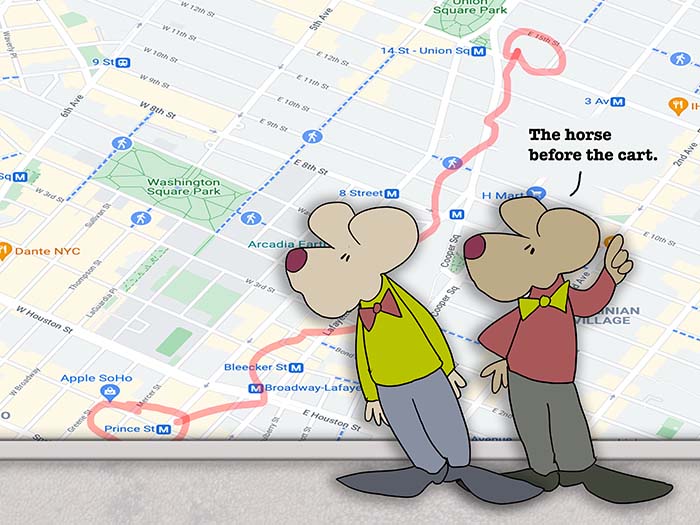It doesn’t happen for me so much anymore. But it used to be that I would go for a period of time without any events, or appointments, or engagements. And then, all of a sudden, a bunch of things would come up at once, and I’d have 341 things to do, all on one weekend. You know what I mean.
This date in history seems to be that same way, November 14. There are a lot of notable happenings, all on this day, spread through the years. I’ll try to cover the big ones.
1666 — Samuel Pepys, a diarist, reported on the first blood transfusion, a procedure between two dogs. I won’t go into the gruesome details of this initial attempt, but I can tell you, it did not end well for the “emittent” dog. I do not know the breeds, probably some street mutts who were just looking for a free meal. However, I will say this. Because of those two brave souls, millions of lives have been saved. Two paws up for those good dogs.
1732 — The first professional librarian in North America, a man named Louis Timothee, was hired in Philadelphia. Good Louis was born in the Netherlands, but came to America in his 30s and worked for Benjamin Franklin, as a printer. Later, he transitioned to library work, hence the librarian in the first.
Anything about libraries interests me. I worked in a library for several years, and I have to say, it was the most interesting job I ever had. It was all about power to the people, in the way of information and knowledge. The work could be extremely fun but tiresome at times. Regardless, libraries are a jewel of our society and, hopefully, will not be lost. So here’s to Louis Timothee for getting the ball rolling.
1832 — Speaking of getting things rolling. The first streetcar got moving on this date. Of course, it was horse-drawn and driven by John Mason. It debuted in New York City. One could step on and pay a fare of 12 cents for a ride on 4th Avenue between Prince and 14th Streets.
The beginning of mass transit. Yes, we could use more mass transit in this world, I think. A way to keep individual cars, and trucks, off the roads, using less gas and helping the environment. At this juncture, horse-drawn is not our answer, but a big whinny goes out to John Mason for driving the first one. His horse, too.
1851 — “Moby-Dick” by Herman Melville was first published this day. It has been recognized as one of the most important American novels of all time. A high adventure that explores the realms of philosophy, science, history and politics. Melville does this with both tragedy and comedy. And thar she blows.
1856 — American Gail Borden was issued a patent for technology related to his invention of condensed milk. Why condense cow drippers? Well, Borden did this in an attempt to create a milk product that was shelf-stable. He stuck with it too. Borden opened two factories to make his product. But, sadly, both failed. He tried again and opened a third factory in 1864. He started selling his condensed milk under the name Eagle Brand. That stuff caught on like wildfire. Especially during the Civil War. It was perfect for the soldiers to carry with them. Chug-a-lugga. Chug-a-lugga.
There are many more events that I am passing over, which include Nellie Bly, who traveled around the world in less than 80 days. Confederate General and KKK Grand Wizard, taking the lead in west Tennessee. And Charles J. Guiteau standing trial for the assassination of US President Garfield.
But perhaps, the best one of all occurred in 1908. It was then that Albert Einstein presented his quantum theory of light. A spectacular thing.
And, my friends. As they so aptly said in the Hokey Pokey.
“That’s what it’s all about.”
==========
“The most effective way to destroy people is to deny and obliterate their own understanding of their history.”
― George Orwell
===========
“The first duty of a man is to think for himself”
― Jose Marti
==========
“That men do not learn very much from the lessons of history is the most important of all the lessons that history has to teach.”
― Aldous Huxley, Collected Essays
==========
Dogs give blood. Books galore. And more.
